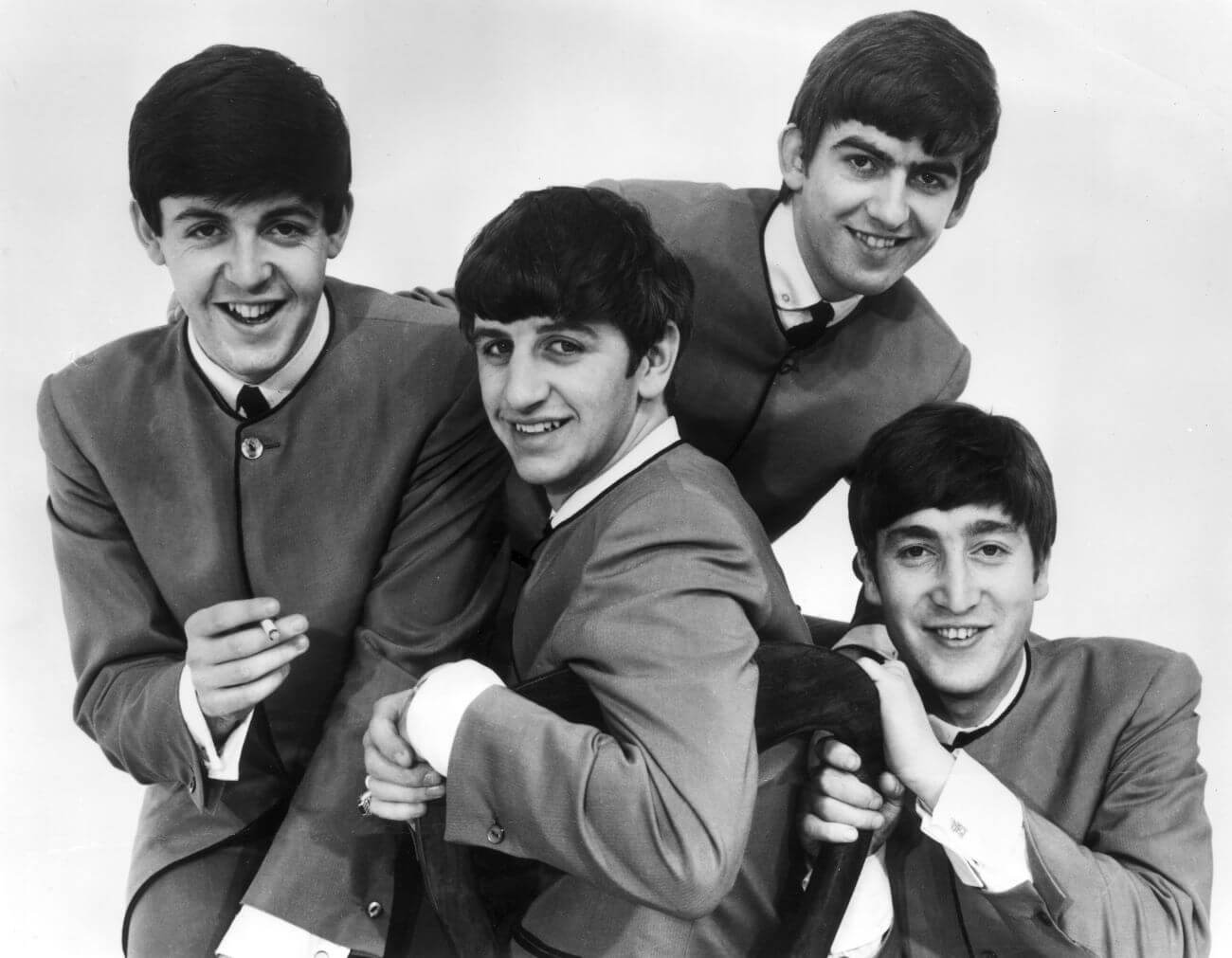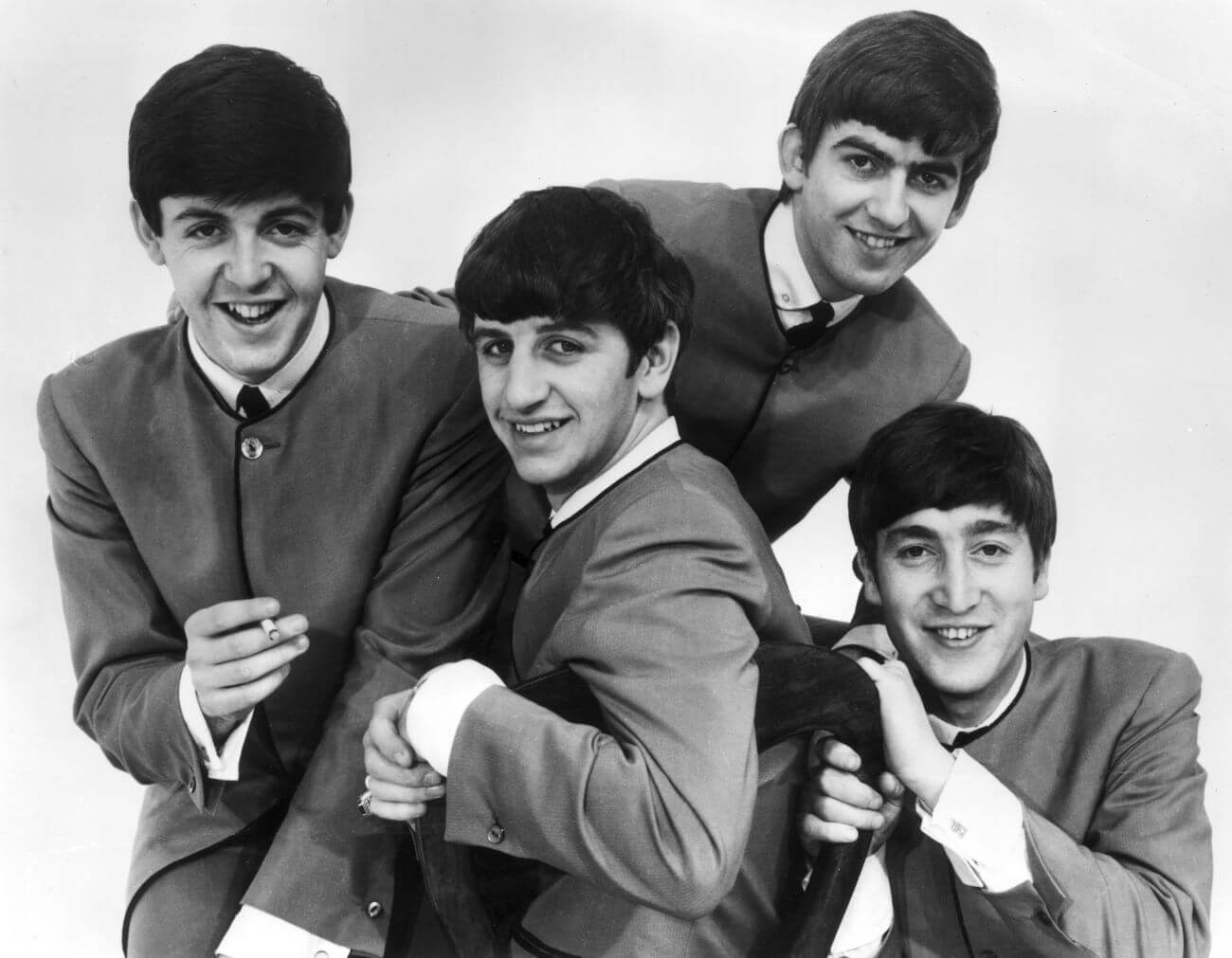
The Beatles’ Road Manager Said They Didn’t Live Up to Their Reputation of Being ‘Good and Kind’
In the frenzied days of Beatlemania, the Beatles had a reputation for being cute, funny, and approachable. While some worried that they were a bad influence on young people, they were, for the most part, clean-cut. The band’s road manager, Neil Aspinall, said they weren’t actually how their reputation made them seem, though.

Brian Epstein didn’t want to fabricate any part of The Beatles’ reputation
The Beatles’ manager, Brian Epstein, found himself in a comfortable position during Beatlemania. He no longer had to promote the band to the press; they came to him looking for stories. He did not want to invent anything about the band. Instead, he believed that every story should promote their already existing attributes.
“In all our handouts and in all our press dealings, Brian only stressed what was good about them,” press officer Tony Barrow said, per The Beatles: The Authorized Biography by Hunter Davies. “He never created any nonexistent good points.”
This was because much of their charm came from feeling familiar to fans.
“The Beatles were four local lads from down the street, the sort you might have seen at the local church hall,” Barrow explained. “This was the essence of their personal communication with the public. This was the appeal. People identified with them from the beginning. Brian realized this and never tried to hide it.”
The Beatles’ road manager said they weren’t what their reputation made them seem to be
Clearly, this approach worked. The Beatles became the most popular band in the world, due to their music and their charm. Still, Aspinall and Mal Evans, who worked closely with the band for years, didn’t fully understand the band’s pristine image.
“It wasn’t really Brian’s doing,” Aspinall said. “He did make them smarter, put them in suits and got organized. But they’ve always come across as being so good and kind and nice, when they’re not particularly, not more than other people.”
Aspinall wondered if Beatle fans just wanted them to be this way and so fabricated personalities for the band.
“I think people wanted them to be like that,” he said. “Fans made up the image for themselves. I don’t know why. That’s just what the fans wanted.”
He said that their public image became more aligned with their private ones after Epstein’s death in 1967.
“They’re now appearing to the public more like they really were before Brian came along, all individuals, doing and saying what they like,” Aspinall explained. “The public still think they’re as nice, but perhaps they’re a bit ‘eccentric’ now, that’s all. It’s strange, isn’t it, how people take to an image?”
The pristine image was good for their careers
John Lennon admitted that the band’s image in the early days was primarily a fabrication by themselves and the media.
“Our image was only a teeny part of us,” he said. “It was created by the press and by us. It had to be wrong because you can’t put over how you really are. Newspapers always get things wrong. Even when bits were true it was always old. New images would catch on just as we were leaving them.”
Whoever created their Beatlemania images, be it Epstein, the fans, the band, or the press, helped the band immensely. Their image made them one of the most popular bands to ever exist. After three years of touring, they were able to permanently stop because of their level of success. Stopping their hectic tour schedule gave the band more time to focus on music, which allowed them to create some of their most creative, boundary-pushing, and influential songs.
If they hadn’t experienced the tidal wave of support from fans, they may not have been able to do this. Therefore, embracing a slightly untruthful image helped them succeed.


